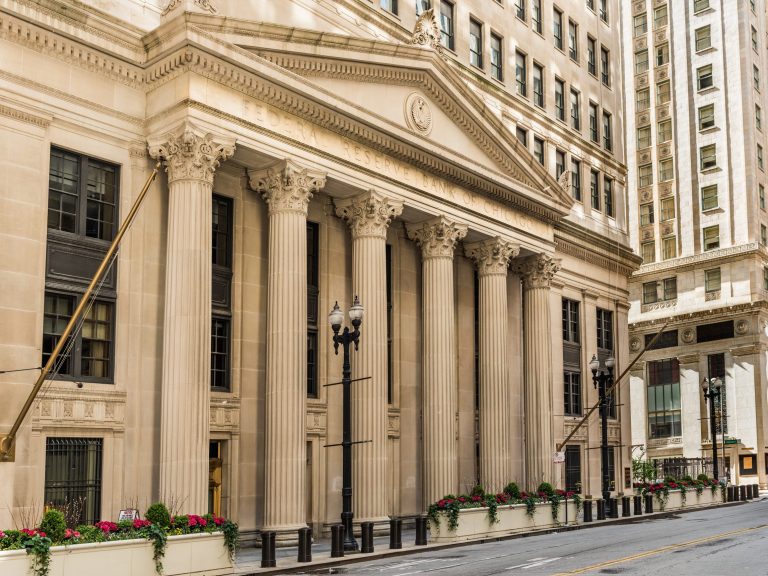Corporate bonds represents money loaned to a business, such as Coca-Cola or General Electric, in exchange for interest income. In the United States, corporate bonds usually pay interest twice per year (every six months), compared to once-a-year in Europe. Many investors own corporate bonds in their tax-advantaged accounts because of the higher rate of interest they earn, and tax-free municipal bonds in their regular brokerage accounts.
Benjamin Graham once wisely observed that more money has been lost by investors “reaching for yield” than stolen at the barrel-end of a gun. During periods of anemic interest rates on fixed-income securities, bank deposits, and cash equivalents, a combination of impatience, action bias, and desperation causes savers to do what they would otherwise consider extraordinarily foolish.
I’m going through the corporate bond filings of pharmaceutical giant Eli Lilly just out of curiosity. They have a huge patent cliff coming up, during which time as much as 40% of their revenue base will be exposed to generic competition. I wondered what it would do to the risk metrics on the senior bonds so I pulled the Moody’s rating and reading over the figures as I listen to an old 1970s song called Snookeroo.
I spent a big percentage of my day reading indenture documents for corporate debt securities because I was helping someone pick up some additional fixed income investments for a retirement portfolio. I managed to get my hands on a nice block of high-grade, non-callable debentures from a major packaged foods company with a 4.3% yield-to-maturity on the remaining decade before maturity, but still have a bit of their dry powder left to spend.
Today, I was sitting at the dining room table, drinking a cup of coffee wearing the Brooks Brothers pajamas I picked up on my birthday a few days ago, and watching the stock market skyrocket when it occurred to me that, given the secret project and some other things going on at the business, I want to build some cash and bond reserves at one of the individual operating companies; maybe put aside money a little at a time, let it build and do something fun with it three or four years from now, like design and build a row of townhouses or whatever.






